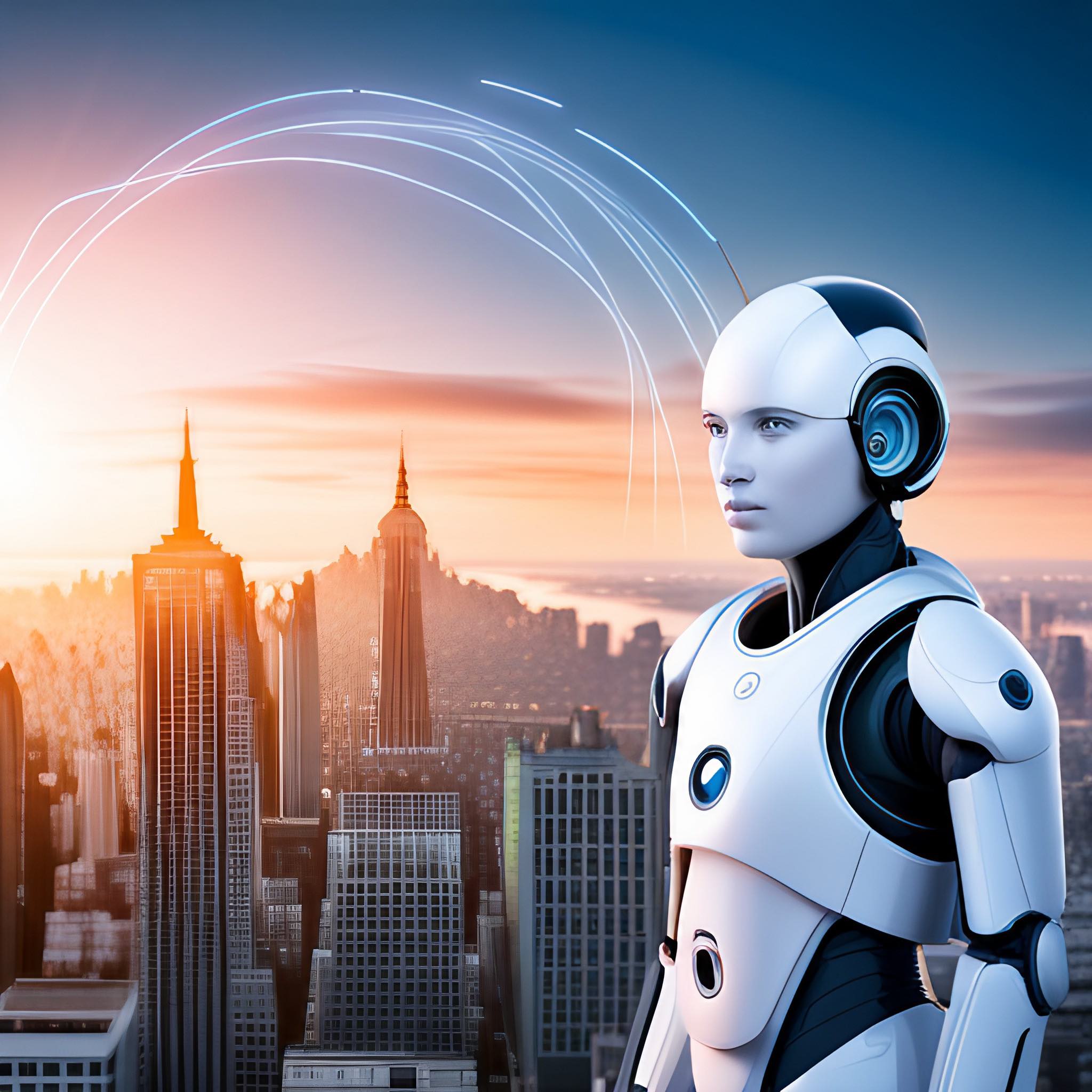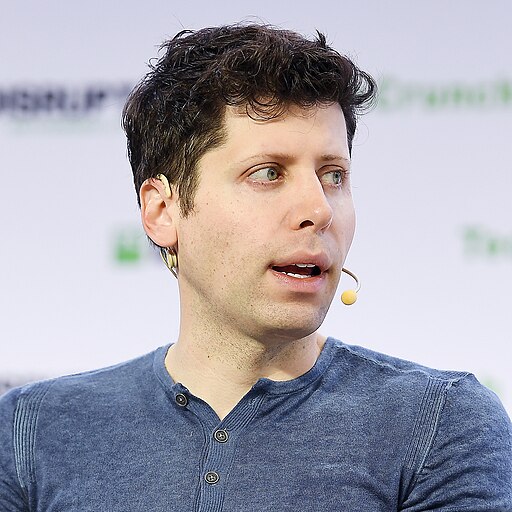Artificial intelligence (AI) has made remarkable strides in recent years, revolutionizing various industries and transforming the way we live and work. However, Yann LeCun, the renowned computer scientist and AI expert, cautions against overestimating AI’s capabilities, stating that current AI systems are far from possessing human-level intelligence. In fact, LeCun goes so far as to assert that AI is not even as smart as a dog.
As the Vice-President and Chief AI Scientist at Meta, LeCun is at the forefront of AI research and development. With his expertise in machine learning, computer vision, and computational neuroscience, his insights carry significant weight in the AI community.
Chief Yann LeCun: AI still far away
LeCun recently spoke about the limitations of AI, stressing that existing systems lack a deep understanding of the underlying reality of the real world. He attributes this limitation to the fact that AI models are trained primarily on massive amounts of text data, which hinders their ability to grasp the complexities of our physical environment.
“Those systems are still very limited; they don’t have any understanding of the underlying reality of the real world because they are purely trained on text, a massive amount of text,” LeCun explained. His statement highlights the importance of diversifying AI training datasets to incorporate multimodal information and experiential learning to enable more comprehensive understanding.
LeCun draws an intriguing analogy to provide perspective on the current state of AI. He compares the notion of AI taking over the world to asking someone in 1930 how they would make a turbo-jet safe. Turbo-jets, he reminds us, were not yet invented in 1930, just as human-level AI has not been achieved today. LeCun believes that AI will continue to progress, just as turbo-jets eventually became reliable and safe.
Moreover, LeCun dismisses concerns about AI displacing a significant portion of the workforce permanently. While acknowledging that job roles will evolve in the presence of intelligent machines, he argues that we cannot predict with certainty which professions will be most prominent two decades from now. LeCun believes that AI will pave the way for a new renaissance for humanity, much like the transformative impact of the internet or the printing press.

Given LeCun’s stature in the field of AI and his contributions to deep learning, his perspective on the current capabilities and limitations of AI carries substantial weight. While AI has undoubtedly made significant progress, LeCun’s cautionary statements remind us that human-level intelligence remains elusive for AI systems. It serves as a call to action for researchers and technologists to continue pushing the boundaries of AI while acknowledging its current limitations.
As we navigate the ever-evolving landscape of AI, it is crucial to temper our expectations and avoid falling into the trap of anthropomorphizing machines. Rather than fearing the rise of superintelligent AI, we should embrace the potential of AI as a tool for augmenting human capabilities, creating new opportunities, and ushering in a new era of progress and innovation.
The words of Yann LeCun serve as a timely reminder that while AI may be transforming our world, it still has a long way to go before achieving human-like intelligence.







